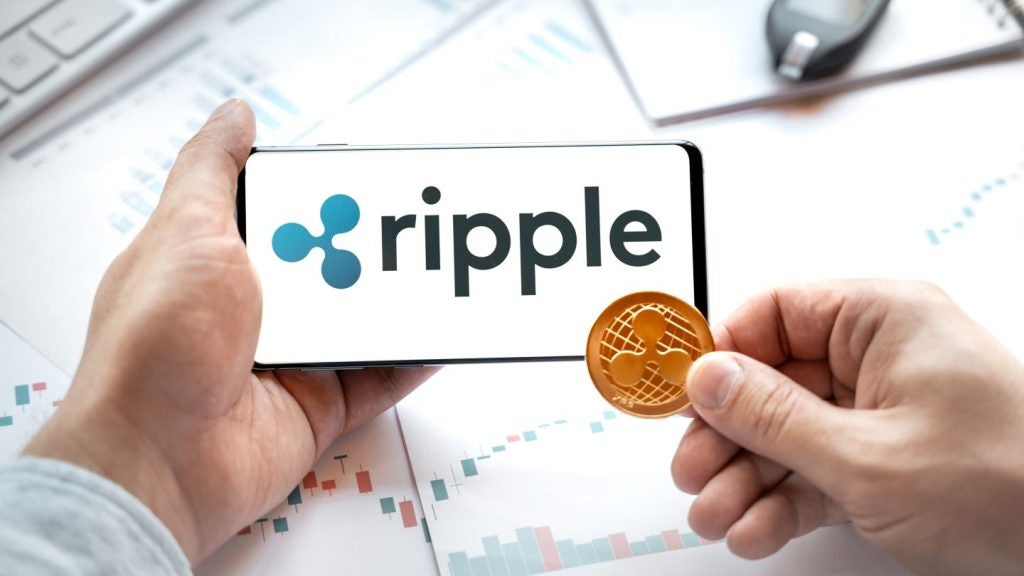In the past 12 months, cryptocurrencies have taken off (to the moon!). They have moved into the mainstream, prompting major banks like Citi to open crypto trading desks, and leading firms like Tesla to start accepting payments in bitcoin.
However, this has given the false sense that we are already on the verge of moving into a crypto payment dominated world. This is unlikely.
Crypto the asset
Don’t be fooled by the phrase ‘crypto-currency’ – these are assets and not currencies. Even if you disagree, governments treat them as such, applying capital gains when a crypto is exchanged. That means the cup of coffee you bought with 0.000054 BTC is subject to capital gains.
Furthermore, currently at least, crypto prices are too volatile to treat as a medium of exchange – you might end up paying an extra 30% for that coffee tomorrow, if the price of BTC swings.
The final big issue with crypto in payments is that they are slow, or at least many of them are. Bitcoin can facilitate around 4.6 transactions per second, Visa can do around 24,000. Although the upgrade of Ethereum, when complete, is claimed to be able to manage up to 100,000 transactions per second.
Stablecoins
To address the volatility issue, while also maintaining the key security and traceability advantages of cryptocurrencies, the answer may lie in stablecoins.

US Tariffs are shifting - will you react or anticipate?
Don’t let policy changes catch you off guard. Stay proactive with real-time data and expert analysis.
By GlobalDataStablecoins are cryptocurrencies that are designed to be pegged to an external reference point, for example the US dollar. These coins may allow us to transact using crypto, but without the fear of rapid and crippling inflation or deflation, making widespread crypto payments feasible.
However, it can be argued that stablecoins are effectively just a proxy for fiat currencies, and so nothing really changes in the financial system.
As decentralised as the servers may be, if the underlying currency value is determined by the US dollar, which derives its value from the activities of the US government and the US economy, does anything really change?
Maybe not – but that’s okay.
Evolution, not revolution
For a long time cryptophiles have expected the entire financial system to be uprooted and move towards a decentralised crypto-paradise.
However, given the breadth and depth of the existing economic order, many are now coming around to the idea that the future will see cryptocurrencies bringing themselves more in line with traditional currencies, rather than the other way around.
This was written by Danyaal Rashid, GlobalData Thematic Analyst.








